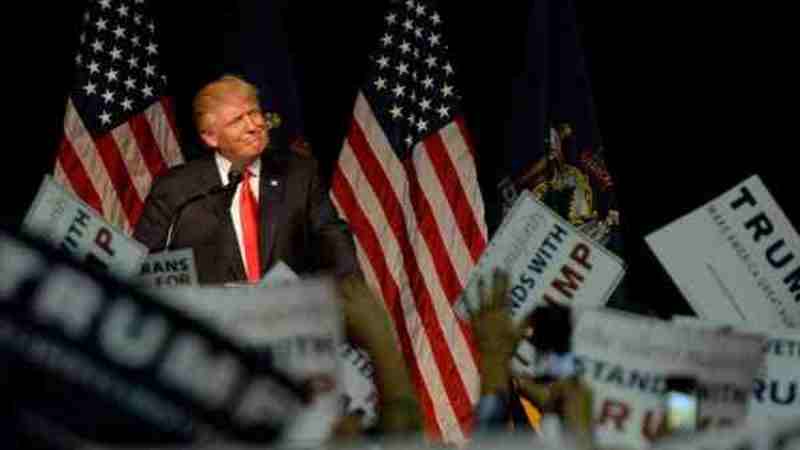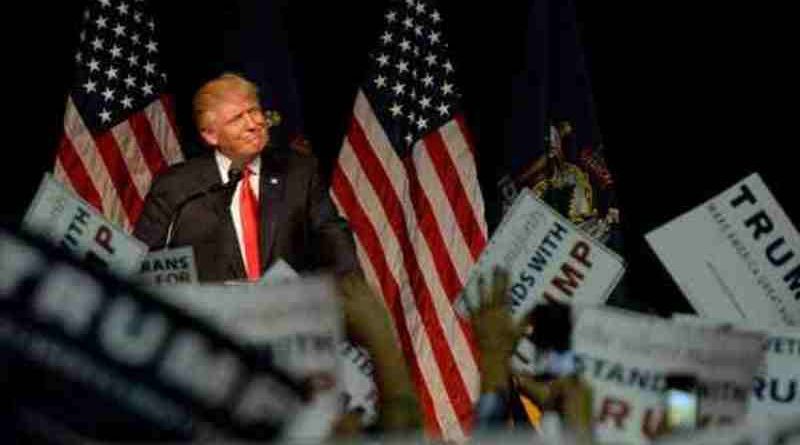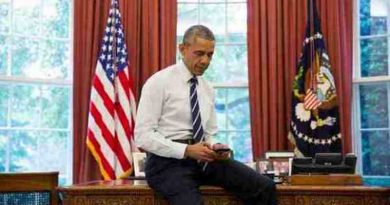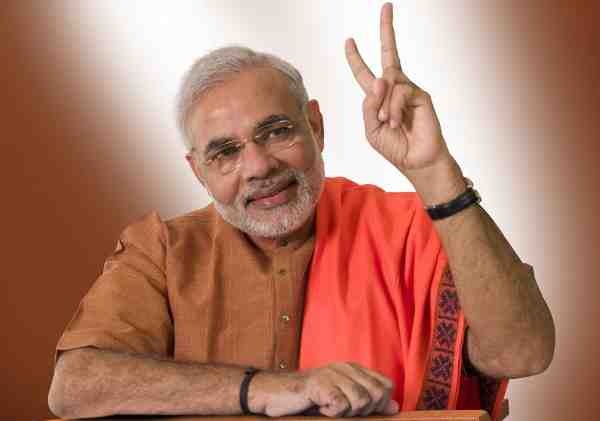Trump’s Tariff Blitz: ‘Worst Offenders’ Face Heavier Import Taxes in Global Trade Shake-Up

Trump’s Tariff Blitz: ‘Worst Offenders’ Face Heavier Import Taxes in Global Trade Shake-Up
Analysts predict significant economic consequences from these tariffs, including higher prices for American consumers and slower growth in the US.
By RMN News Service
US President Donald Trump has unveiled a significant escalation in his trade policies, announcing a new “baseline tariff” of 10 percent on goods from economies around the world, with significantly higher rates targeting nations Washington deems “bad actors” or “worst offenders”. This move, labelled a “declaration of economic independence” by Trump, marks a major upheaval in the international trade order.
The new 10 percent tariff kicks in at 04:01 GMT on April 5th, while the elevated rates for those the White House considers “the worst offenders” will take effect at 04:01 GMT on April 9th. Trump stated that these measures are a response to nations that “treat us badly,” calculating the combined rate of their tariffs, non-monetary barriers, and other forms of “cheating”. He asserted that the new tariffs are “approximately half of what they are and have been charging us”.
Which Countries Face the Steepest Tariffs?
Several major US trading partners will be hit with substantial additional tariffs:
China: Faces a total duty of at least 54 percent. This includes a new 34 percent tariff on top of a pre-existing 20 percent levy imposed earlier in the year regarding the illicit fentanyl supply chain.
The European Union: Will be subject to an added tariff of 20 percent.
India: Faces an additional rate of 26 percent, which one source curiously refers to as a “26% ‘Discounted Reciprocal Tariff'”.
South Korea: Will see an added tariff of 25 percent.
Japan: Faces an extra tariff of 24 percent.
United Kingdom: Will face a new tariff of 10 percent.
Vietnam and Cambodia: Exports from these nations, which have seen increased investment as firms shifted supply chains from China, will face tariffs of 46 percent and 49 percent, respectively.
Lesotho: This southern African country will be hit with a 50 percent tariff.
Exemptions and Existing Tariffs:
Notably, major US partners Canada and Mexico are exempt from these new tariffs under the US-Mexico-Canada Agreement. However, they will continue to face existing tariffs, such as the 25 percent levy previously imposed by Trump, with a lower rate on Canadian energy. Should Canada and Mexico reach deals on these earlier levies, they would still be subject to the new 10 percent baseline rate.
The White House clarified that these latest country-based tariffs do not stack on top of sector-specific tariffs, such as those already applied to imports of steel and aluminium. Countries already under significant sanctions, including Cuba, Belarus, North Korea, and Russia, are also not subject to the new “reciprocal tariffs” as these sanctions “preclude any meaningful trade”.
Broader Tariff Landscape:
Beyond these headline-grabbing measures, a new 25 percent tariff on imported autos and certain parts is also set to kick in. Furthermore, the existing 25 percent charges on steel and aluminium imports will be expanded to include canned beer and aluminium cans.
Trump has also ordered investigations into imports of copper and lumber, potentially leading to further duties, and is considering similar actions on semiconductors, pharmaceuticals, and possibly critical minerals. Separately, a 25 percent levy on goods from countries importing Venezuelan oil has already been implemented, and a similar “secondary tariff” on Russian oil has been threatened.
In a move likely to disrupt the import of low-cost goods, Trump has also ordered an end to the duty-free exemption for small parcels from China. This decision follows scrutiny over the growth of Chinese-founded online retailers like Shein and Temu, which have seen a surge in shipments using this exemption. Products imported under this “loophole” from China will now face a duty rate.
Economic and International Fallout:
Analysts predict significant economic consequences from these tariffs, including higher prices for American consumers and slower growth in the US. Some even warned that “many countries will likely end up in a recession”. Ken Rogoff, a former chief economist at the International Monetary Fund, described the announcement as if Trump had “just dropped a nuclear bomb on the global trading system”. The duties are expected to affect trillions of dollars in global trade, potentially bringing the US tariff rate to levels last seen in 1910.
Treasury Secretary Scott Bessent cautioned other nations against retaliating, warning that it would lead to escalation. However, the announcement has already drawn strong reactions internationally. Some world leaders have called Trump’s tariffs “wrong” and “unjustified”, while Australia’s Prime Minister described the decision as “unwarranted” and “not the act of a friend”. The UK has stated it will continue to push for a trade deal, and Scottish exporters have expressed their disappointment. The global implications of this significant shift in US trade policy are likely to unfold in the weeks and months to come.





